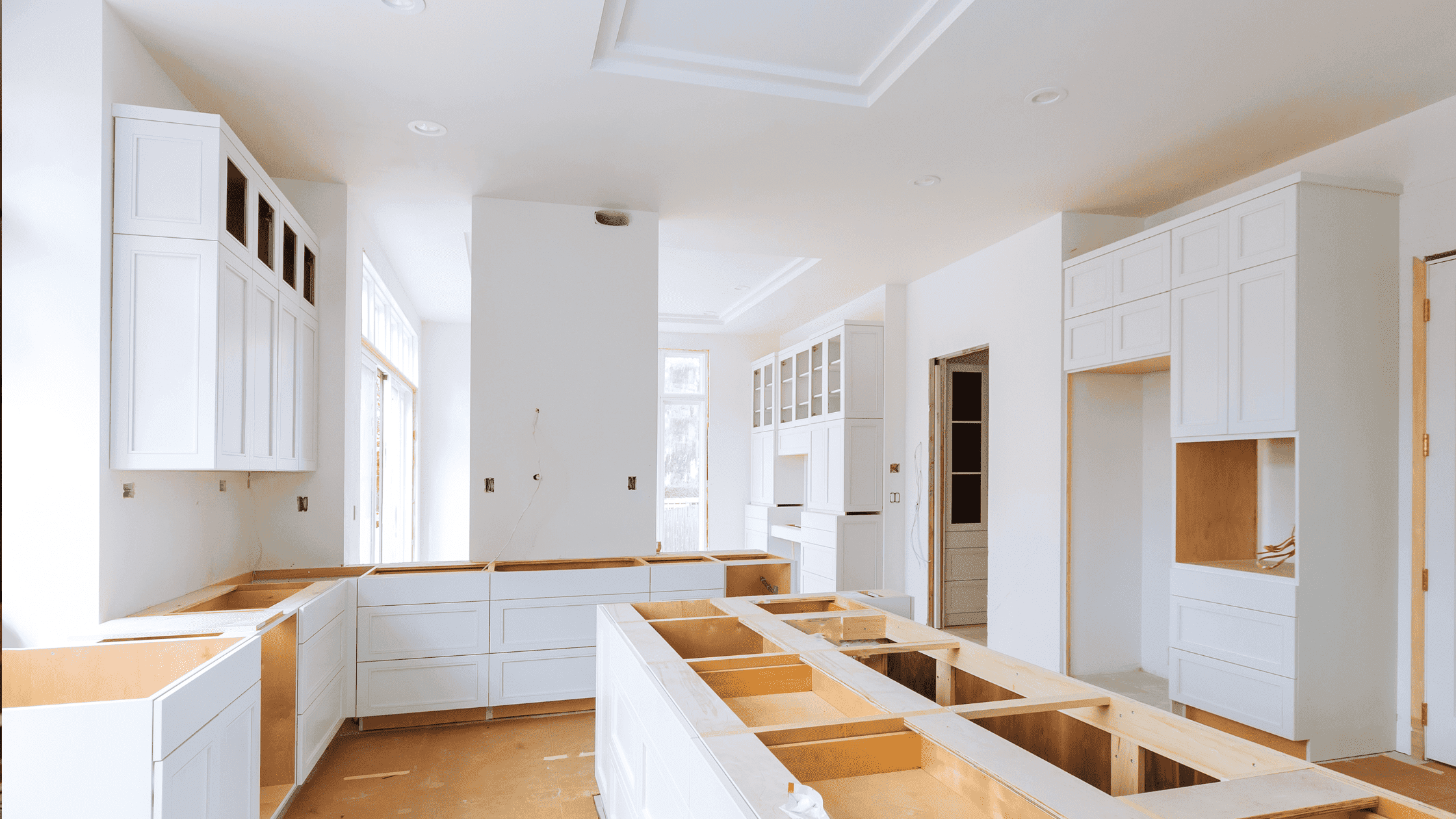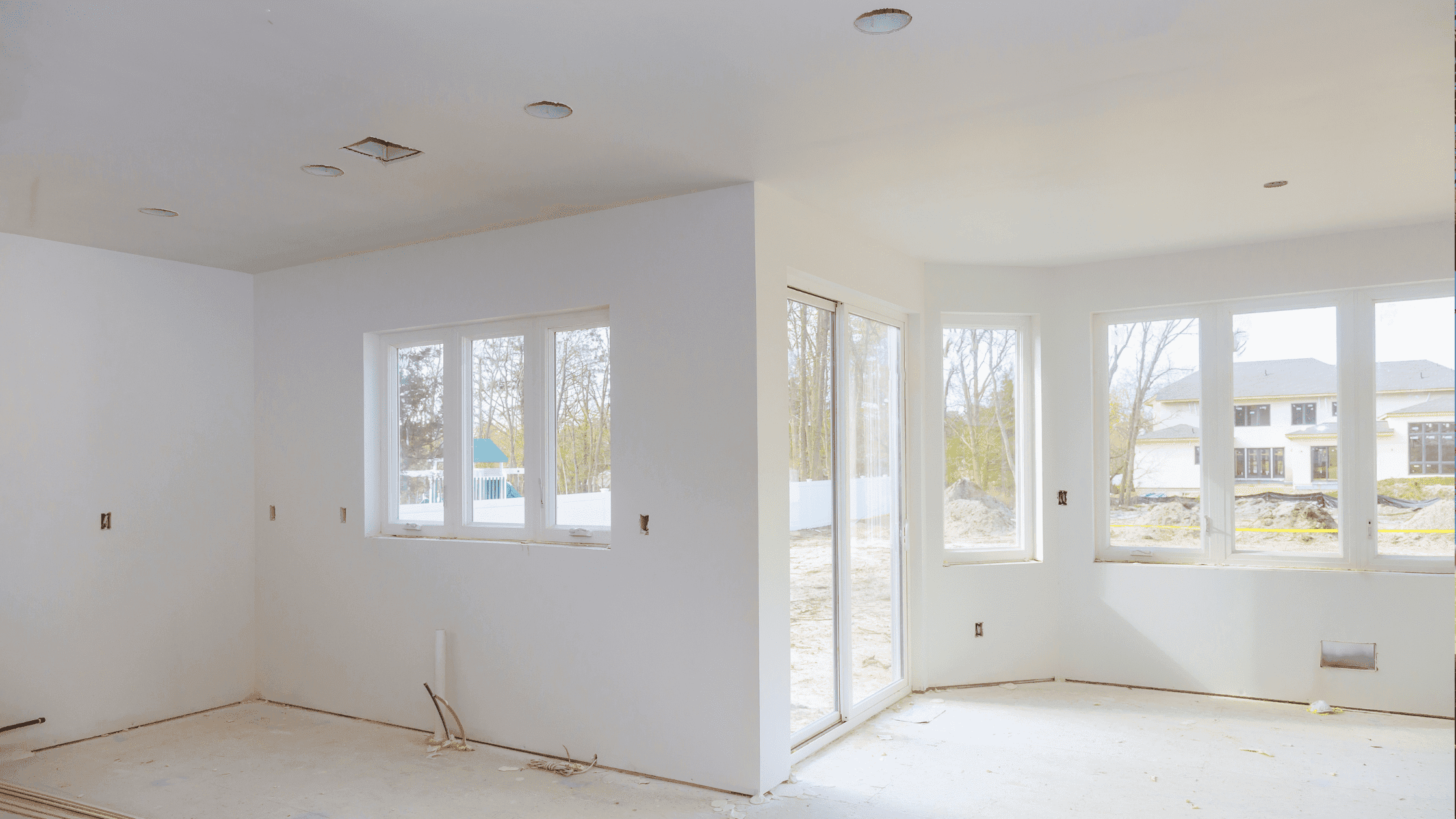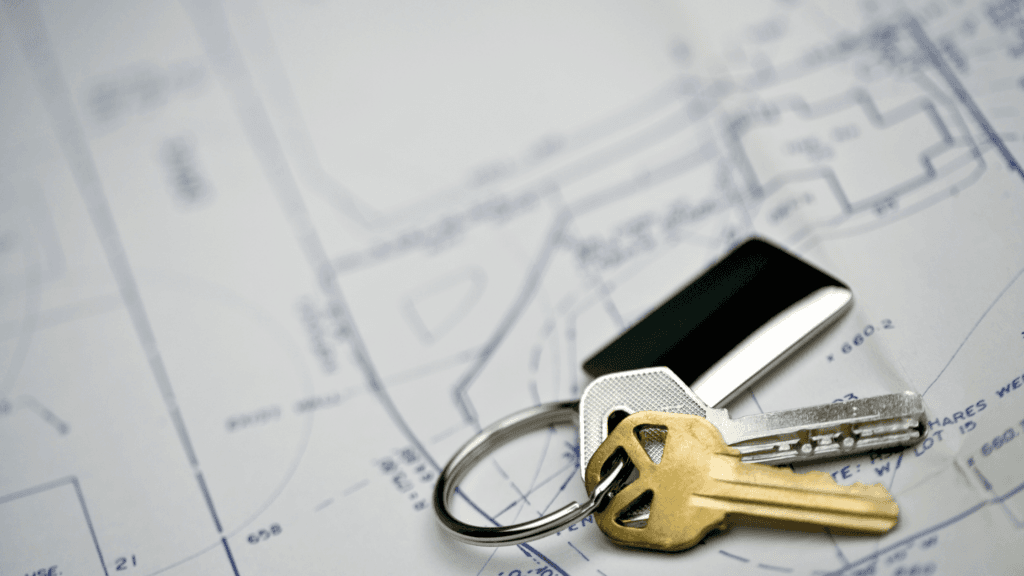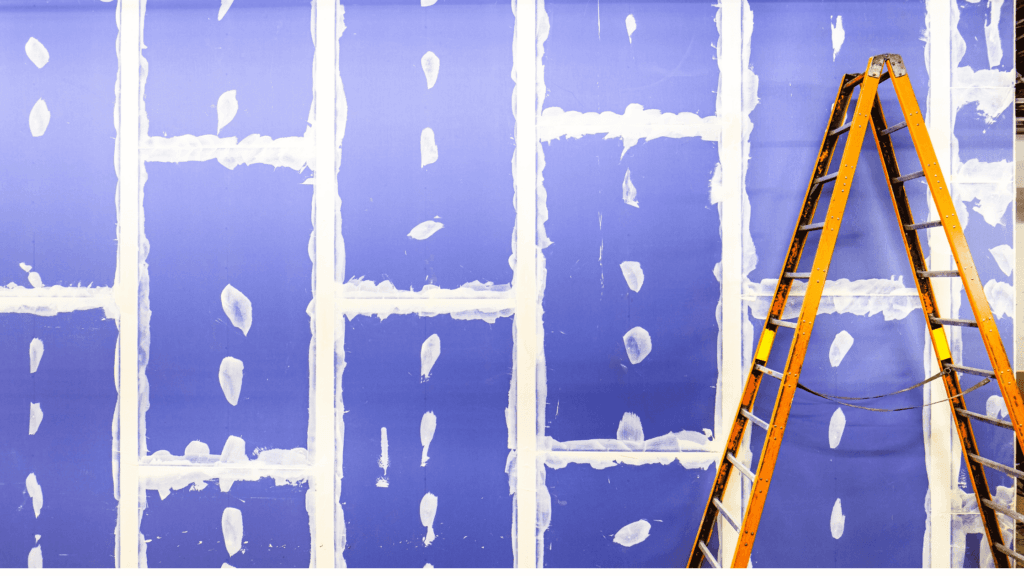
Home Additions Colorado – Boost Space & Value in 2025
Colorado’s housing market continues to present unique challenges for homeowners. Many residents are discovering that expanding their current homes offers better financial value than purchasing new properties. This shift has sparked increased interest in home additions across the state, from Denver’s urban neighborhoods to mountain communities.
The decision to build rather than buy becomes more compelling when you consider Colorado’s current market conditions. Recent market data supports this trend toward home expansion. This shift has created a more balanced market where strategic home improvements can maximize property value while avoiding the costs and uncertainties of moving. Many are turning to home additions Colorado experts like JROC to expand their living space without the stress of moving.
That’s where home additions come in. Whether it’s creating a spacious new kitchen, adding a private master suite, or building an outdoor living space with mountain views, the right addition can completely transform daily life. Instead of starting over in a new house, you can expand, customize, and increase your home’s value, all without leaving the neighborhood you’ve grown to love.
TL;DR: Home Additions Colorado – What You Need to Know
- Rising costs push homeowners toward additions over moving.
- ROI in Denver shows additions often beat moving financially.
- Popular projects: master suites, kitchens, pop-tops, ADUs.
- Colorado conditions require experienced contractors.
- Planning, permitting, and design are critical for success.
- JROC helps homeowners expand space and boost property value.
Ready to expand your Colorado home?Contact JROC Propertiestoday to explore your options.
Table of Contents

Why Colorado Homeowners Choose Home Additions Over Moving in 2025
Rising Real Estate Costs Drive Addition Popularity
The financial advantages of staying put have never been clearer.Elevated mortgage ratescombined with high home prices create significant barriers for homeowners considering a move. Instead of facing the costs of selling, buying, and relocating, many Colorado families are investing in their existing properties through strategic additions.
Recent ROI data demonstrates the wisdom of this approach. In Denver, exterior improvements generate exceptional returns:garage door replacement delivers 193.9% ROI, while steel entry door replacement provides 188.1% ROI. Even substantial projects like minor kitchen remodels achieve 96.1% ROI, making home improvements increasingly attractive investments. JROC also provideshome improvement ROI consultingto help homeowners plan upgrades that pay off.
Home additions offer the opportunity to customize living spaces precisely to your family’s needs while building equity in your current property. This approach eliminates the uncertainty of finding the perfect home in today’s competitive market while allowing you to maintain established neighborhood connections and school districts. With home additions Colorado homeowners gain flexibility, custom design, and long-term property value increases. Learn more about maximizing your property value before selling in ourselling a house in Colorado guide
Colorado’s Unique Building Considerations
Building in Colorado requires specialized expertise due to the state’s diverse climate conditions and terrain. Contractors experienced with local challenges understand how to address expansive soils common along the Front Range, where soil movement can impact foundation stability. They also recognize the importance of designing structures that withstand frequent freeze-thaw cycles that can damage improperly constructed additions.
Types of Home Additions in Colorado Perfect for 2025
Single-Room Additions
Why Master Suite Additions Are Popular in Colorado Homes.
Creating a private master suite represents one of the most popular addition choices for Colorado homeowners. These projects typically incorporate spacious bedrooms with walk-in closets, luxury bathrooms featuring double vanities, and sometimes private balconies or decks to capture mountain views.Master bedroom suite additions average $140,000 to $300,000+in metropolitan areas, with costs varying based on size and finish quality.
A successful Denver project illustrates this potential. A typical pop-top project adding 700–1,200 sq. ft. for a spacious master suite and extra bedrooms above the original single-story footprint demonstrates how homeowners maximize value in urban areas where horizontal expansion is limited. These projects average $300–$450 per square foot, resulting in project totals from $250,000 to $500,000.
Not sure which addition fits your needs? JROC can guide you through the design, costs, and ROI.Schedule a consultation
Successful Kitchen Expansions
Kitchen expansions address one of the most common space limitations in older Colorado homes. Modern families require larger kitchens that accommodate both daily meal preparation and entertaining. These projects often involve removing walls to create open-concept layouts that connect kitchen spaces with living and dining areas.
Successful kitchen additions consider Colorado’s indoor-outdoor lifestyle by incorporating features like oversized windows, sliding glass doors to outdoor dining spaces, or pass-through openings to covered patios. The investment in kitchen expansions typically provides strong returns, as these spaces serve as the heart of family activity. So when it comes to home additions Colorado families often start with kitchen expansions, one of the most popular and high-value upgrades
Sunrooms and Four-Season Rooms to Remain Comfortable
Colorado’s abundant sunshine makes sunrooms and four-season rooms particularly appealing additions. Costs typically range from $35,000 to $150,000 depending on size and seasonal capabilities. Four-season rooms require proper insulation and climate control systems to remain comfortable during Colorado’s temperature extremes, while three-season rooms offer more affordable options for spring through fall use.
Multi-Room and Large-Scale Additions
Second Story Additions (Pop Tops)
Second story additions, commonly called “pop tops” in Colorado, provide substantial square footage increases without expanding the home’s footprint.These projects cost $200 to $500+ per square foot, with full projects ranging from $200,000 to $600,000 or more depending on size and complexity.
Pop tops work particularly well for urban Denver properties where lot sizes limit horizontal expansion. A large-scale example from Colorado State University demonstrates the complexity involved: theAllison Hall pop-top expansion added two new floorsatop an existing residence hall, requiring significant structural reinforcement and advanced engineering for seismic and load code compliance.
Mother-in-Law Suites and ADUs
Accessory dwelling units and in-law suites address Colorado’s multigenerational living trends while potentially providing rental income opportunities.Building permit data indicates a marked rise in ADU requestsdue to loosened zoning regulations in cities like Fort Collins.
Recent ADU projects compiled by ArcWest Architectsshow typical all-in costs between $250,000 and $400,000, depending on customization and site variables. These projects face challenges navigating heavily restrictive Denver zoning and lot size limitations, but successful completions deliver modern rental units or multigenerational housing while increasing property value and generating supplemental income.
In Fort Collins, freestanding backyard ADUs ranging from 500–800 sq. ft. show total project costs from $200,000 to $350,000, influenced by new solar/electric code requirements and mandatory electric-ready infrastructure.
Specialty Colorado Additions
Mountain View Decks and Outdoor Living Spaces
Outdoor kitchens, covered dining areas, fireplaces, and expanded decks are highly sought after, allowing homeowners to maximize Colorado’s scenery and extend usable living areas outdoors. These additions acknowledge Colorado’s outdoor-oriented culture while providing comfortable spaces for entertaining regardless of weather conditions.
Successful outdoor living additions incorporate features like overhead coverage for sudden weather changes, built-in heating elements for cool evenings, and storage solutions for cushions and outdoor dining accessories.

Choosing the Right Colorado Home Addition Contractor
Essential Qualifications and Credentials to Verify
Licensed and Insured Colorado Contractors
Proper licensing demonstrates that contractors understand state and local requirements for construction work. Always verify current licenses through Colorado state agencies and request current certificates for general liability insurance and workers’ compensation coverage before beginning any work.
Licensed professionals like Mathew at ES Home Improvement, acertified general contractor with 30+ years experience in the Boulder/Denver area, exemplify the experience level homeowners should seek. His recognition for “exceeding diligence about walking through options and potential downsides for each” ensures clients understand expectations throughout the process.
Experience with Colorado Building Codes
Colorado does not maintain a single statewide building code; instead, each county and city adopts its own standards, often based on International Building Codes with local amendments. Experienced addition contractors understand these variations and can navigate permitting processes efficiently.
Industry professionals emphasize that“detailed planning and communication between the owner, designer, and builder”are required to keep projects on track and compliant. Transparent processes help maintain timelines and budgets while ensuring code compliance.
Expert Insights on Common Pitfalls and How to Avoid Them
Colorado contractors identify several recurring challenges that can derail addition projects. Poor planning tops the list of avoidable mistakes. As building professionals stress, homeowners often underestimate the need for “detailed planning” before construction begins, leading to costly mid-project changes, unexpected expenses, or failed inspections.
Communication breakdowns create additional problems. Projects run much more smoothly when contractors“discuss your desired outcome and the path to get you there,”emphasizing transparency and regular check-ins throughout construction.
Energy performance neglect represents another common error. Experienced builders note that ignoring insulation and energy efficiency, especially in Colorado’s extreme climate, results in comfort issues and higher ongoing utility costs. This becomes particularly important given recent code adoptions emphasizing energy conservation and sustainability.
Successful contractors like those atGalvan Building & Remodelingemphasize ensuring that any new addition seamlessly matches the architecture and materials of the existing home, both for aesthetics and resale value.
Questions to Ask Potential Contractors
Effective contractor evaluation requires asking specific questions about their experience and approach. Inquire about their experience with similar addition projects, knowledge of local permitting processes, and relationships with building inspectors.
Discuss their approach to handling Colorado’s weather challenges, including how they protect work during construction and schedule around seasonal constraints. Ask about their methods for matching existing home architecture and ensuring proper integration of new and existing building systems.

The Complete Home Addition Process in Colorado
Planning and Design Phase
Successful addition projects begin with clear goal definition and realistic budget establishment.Average addition costs in Colorado range from $100 to $450 per square foot, with common additions like bedrooms and family rooms typically costing $100 to $210 per square foot.
Top-rated firms outline clear processes: Consultation + Concept, Design, then Build, with project management and real-time budget tracking at each stage. Prenvalley Builders’ team, comprised of designers and engineers, provides fully developed permit drawings and real-time tracking to assure quality and alignment with homeowner vision and compliance needs.
Permits and Legal Requirements
All addition projects must comply with applicable building codes governing structural integrity, electrical systems, plumbing, and energy efficiency. Recent code adoptions emphasize energy conservation, wildfire mitigation, and electric vehicle readiness, particularly in high-risk areas.
Permitting times vary significantly: Denver 6–14 weeks, Boulder County 4–6 months, Jefferson County 2–4 weeks, with mountain communities often taking longer. Allow adequate time for this process when planning addition timelines.
Construction Timeline and Management
Most cost overruns and delays stem from unforeseen site constraints, utility upgrades, and shifting regulations, especially those in energy and ADU policy domains. Experienced contractors anticipate these challenges and maintain flexible schedules to accommodate weather and regulatory changes.
Cost Factors for Home Additions in Colorado
Market Factors Affecting Pricing
Budgeting for home additions Colorado projects depends on materials, labor, square footage, and project type. Skilled labor shortages in Colorado have kept wages high, particularly for specialized trades like carpentry, electrical, and plumbing work. These market conditions directly impact project costs and scheduling.
Material choices can swing costs by 20-40%, making selection decisions important for budget management. Premium finishes, energy-efficient windows, and high-end appliances increase project costs but may provide better long-term value. Don’t forget to factor inaverage closing costs in Coloradowhen planning your financing strategy.
Financing Options for Your Addition
Multiple financing options accommodate different homeowner situations and addition project sizes. Renovation loans from local credit unions may offer financing for up to 97% of completed project value, often with favorable terms for qualified borrowers.
FHA 203(k) loans provide federally insured financing specifically designed for significant home improvements, requiring minimum 3.5% down payments and accepting credit scores as low as 580.
Explore how to secure the best rates with ourmortgage in Colorado guide.

Colorado-Specific Challenges and Solutions
Weather and Seasonal Construction Constraints
Unpredictable weather patterns require flexible construction scheduling and protective measures for work in progress. Sudden snowstorms, hail, and temperature swings can damage exposed materials or create unsafe working conditions.
Successful Colorado contractors implement weather protection strategies, maintain flexible scheduling, and use construction methods adapted to local conditions. This expertise helps minimize weather-related delays and ensures quality construction regardless of seasonal challenges.
Foundation Issues in Colorado Soil
Expansive soils along Colorado’s Front Range create ongoing challenges for foundation stability. These clay soils swell when wet and shrink during dry periods, potentially causing foundation movement that damages structures.
Proper foundation design addresses these conditions through specialized systems like pier-and-beam foundations or deep footings that extend below the active soil zone.
Energy Efficiency in Colorado’s Climate
Colorado’s diverse climate conditions and temperature extremes require careful attention to energy efficiency in addition design.Projects increasingly incorporate solar-ready designs, electric vehicle charging, insulation upgrades, and high-efficiency windowsas homeowners focus on sustainability and utility cost management.
Homeowners increasingly choose organic materials such as reclaimed wood, stone, and earth-toned finishesthat blend with Colorado’s natural landscape.
When Home Additions May Not Be the Right Choice
While home additions offer significant benefits, they’re not always the optimal solution. Properties with structural limitations, inadequate lot size, or locations in declining neighborhoods may not justify substantial addition investments. Homes requiring extensive foundational work or those already maximizing allowable floor area ratios may face regulatory constraints that make additions impractical.
Financial considerations also matter. If addition costs approach or exceed the difference between your current home value and your ideal home purchase price, moving might provide better value. Additionally, homeowners planning to relocate within a few years may not recoup addition investments through increased property value.

Top Home Addition Contractors in Colorado by Region
Denver Metro Area Specialists
Denver-area addition contractors excel at maximizing limited urban lot space through creative design solutions and efficient construction methods. Pop-top specialists in the Denver metro area demonstrate particular expertise in structural engineering and integration with existing home systems.
Northern Colorado Builders
Northern Colorado addition contractors emphasize creative solutions that maximize mountain views and outdoor living opportunities. Contractors report surge in demand for custom outdoor environments, including covered dining areas, fireplaces, and four-season rooms that extend usable living space year-round.
Mountain Community Addition Experts
High-altitude construction requires specialized expertise in snow load calculations, wind resistance, and material selection for extreme weather conditions. These specialists design additions that complement mountain architecture while providing modern comfort and efficiency.
Getting Started with Your Colorado Home Addition Project
Timeline Expectations for 2025 Projects
Current market conditions may extend typical addition timelines due to high demand for skilled contractors and ongoing supply chain considerations. Allow 6-12 weeks for design and permitting phases, with construction timelines varying based on project complexity and weather conditions.
Early planning becomes essential for securing preferred contractors and optimal construction timing. Starting the design and permitting process well in advance helps ensure addition projects can begin during favorable construction seasons.
Colorado’s robust addition market reflects homeowners’ recognition that expanding existing homes often provides better value than purchasing new properties. Whether you’re considering a simple room addition or a complex second-story expansion, working with experienced local contractors ensures your investment enhances both your daily life and property value for years to come.
Thinking about expanding your home in 2025? Partner with JROC Properties for expert planning, design, and execution.Start your home addition today
